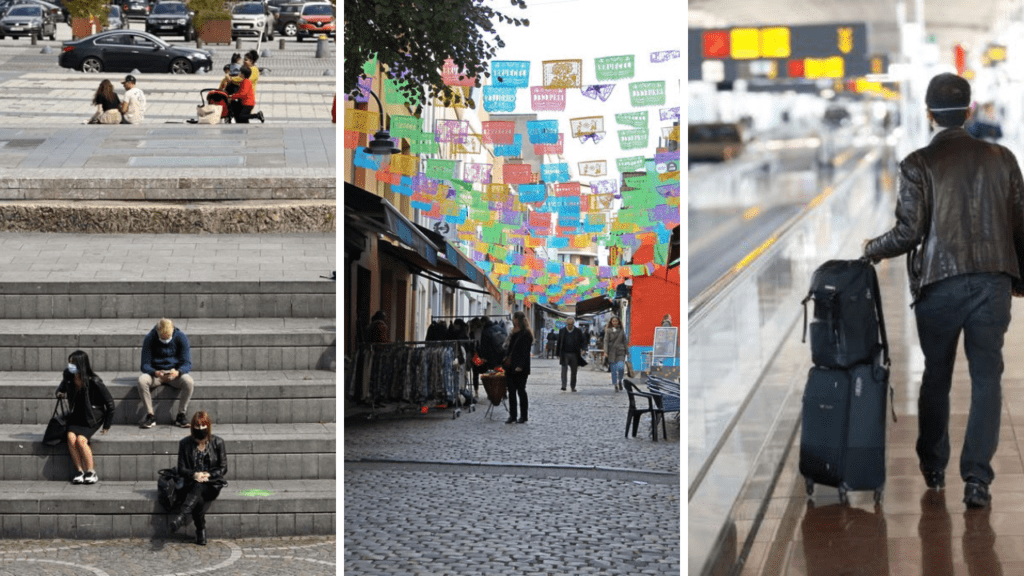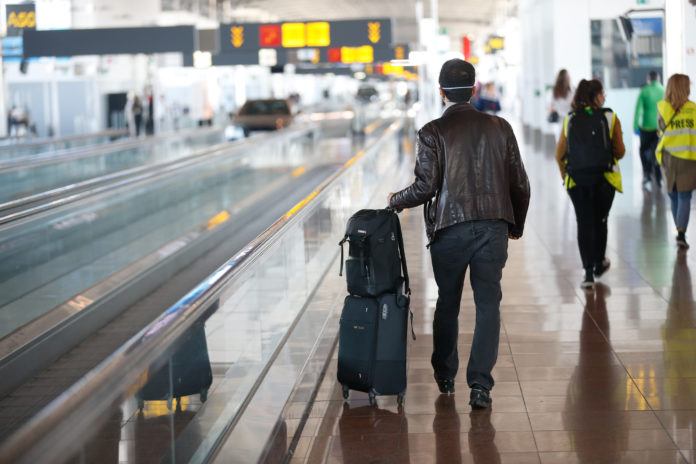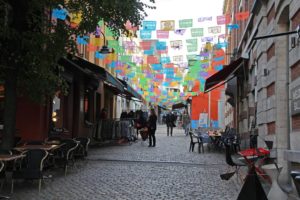It feels like forever since there was any substantial change to how Belgium is facing up to the coronavirus crisis.
Tomorrow, that is expected to change, or at least it should.
Figures have risen, and continue to do so. Regional governments wait for Belgium to act as a whole, while Europe tries to streamline rules.
Within the country, the topic of social bubbles continues to be big news as we all wait for the outcome of tomorrow's meeting of the National Security Council. The council comes after experts warned of a second wave, of exhaustion towards the rules, and of what could happen if we don't stick to the plan.
Quite simply, there is a lot to talk about for sure.
Belgium in Brief is a free daily roundup of the top stories to get you through your lunch break conversations. To receive it straight to your inbox every day, sign up below:
1. Coronavirus: Belgian experts propose ‘flexible’ social bubbles
A committee of coronavirus experts has come up with a plan to tighten or relax social contact rules in Belgium depending on the situation in a particular province.
The Celeval group of experts advising the government has proposed doing away with nationwide rules on social contacts and replacing them with a flexible and more local approach.
In a new report drawn up ahead of a National Security Council on Wednesday, the expert group suggested that the size of Belgium’s so-called social bubbles be linked to indicators such as the number of coronavirus hospitalisations in a given province. Read More.
2. Coronavirus: Belgium will lift ban on travel to red-zone destinations
Travelling to a destination marked as red or high risk by Belgium will no be no longer forbidden from Friday, the minister of foreign affairs announced.
Federal Minister Philippe Goffin said that from 25 September, travellers from Belgium will be strongly discouraged from travelling to a red zone destination.
Goffin’s decision was “favourably welcomed” by his EU counterparts as he announced it during a Foreign Affairs Council on Monday. Read more.
3. Coronavirus: number of new daily hospitalisations as high as in May
An average of 1,231.6 people per day tested positive for the new coronavirus (Covid-19) in Belgium during the past week, according to the latest figures by Sciensano on Tuesday.
The trend of new infections per day increased by 51% over the 7-day period from 12 to 18 September. Last week, several days with more than 1,500 positive tests per day were recorded, according to recently updated figures. Read more.
4. Derek Blyth’s hidden secrets of Brussels
Derek Blyth is the author of the bestselling The 500 Hidden Secrets of Brussels. He picks out ten of his favourite hidden secrets in every issue for The Brussels Times Magazine. These are the picks in the latest September issue. Read more.
5. Coronavirus self-tests approved for use in Belgium
The sale of self-tests detecting antibodies against the new coronavirus is no longer prohibited in Belgium, announced the Federal Medicines Agency (FAMHP) on Monday.
The Agency warns users for a misinterpretation of the results, however, saying that they could give people a false sense of safety, or cause them unnecessary anxiety, depending on the result.
Self-tests analyse blood from a finger prick and do not require the intervention of a doctor or other health care professional to take the sample or to interpret the result of the test. The tests indicate whether or not a person has developed antibodies against the coronavirus, but cannot determine whether the infection is active or if the person is (still) infectious. Read more.
6. Europe’s livestock farming seemingly worse for the climate than cars
Greenhouse gas emissions from livestock farming in the European Union account for 17% of total EU emissions and cause more damage to the climate than all the cars on the road, Greenpeace Europe said on Tuesday.
Data show that emissions from livestock farming increased by 39 million tonnes of CO2 (+6%) between 2007 and 2018. This is equivalent to an increase of 8.4 million cars on European roads, Greenpeace compared in a report. Read more.
7. Greenpeace calls for 6 car-free Sundays a year
The day after car-free Sunday, Greenpeace Brussels launched a new campaign to organise a car-free Sunday once a month from April to September from 2021.
Car-free Sunday occurs once a year in Brussels, with cars not allowed on the roads for the biggest part of the day. Read more.
Jules Johnston
The Brussels Times



